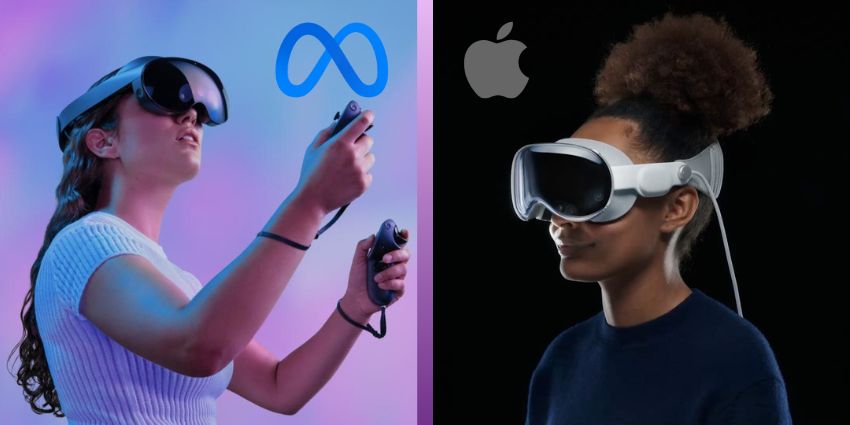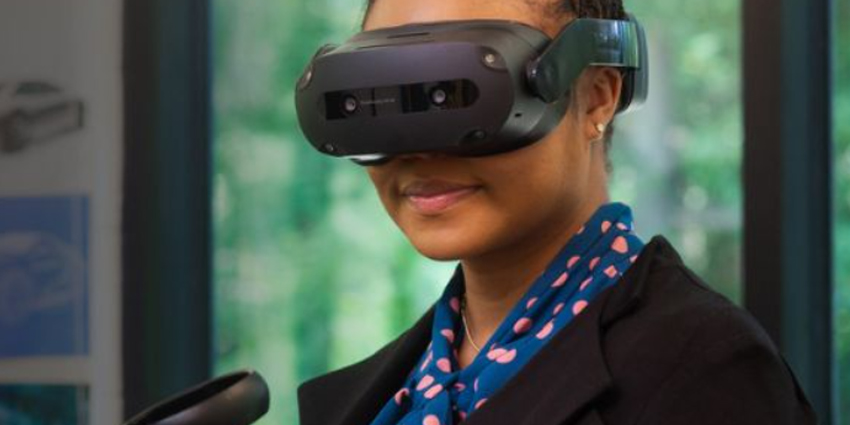The metaverse is complicated concept for consumers and companies alike. On the one hand, the successful development of the metaverse could have incredible benefits. It could break down walls between communities, enhance collaboration and communication, and transform the way we interact.
On the other hand, the metaverse raises a number of new questions about how human and corporate rights can be preserved in a decentralised, ever-evolving space.
Since the United Nations introduced the “Universal Declaration of Human Rights” more than 7 decades ago, the world has still failed to comprehensively agree on what rights should be given to human beings.
While most of us agree on the most extreme “abuses” of human rights, such as slavery and economic exploitation, groups are constantly arguing over how the actions of human beings should be policed, and how much freedom we should have in different situations.
The metaverse will make preserving and defining human rights even more complex, in a world where we’re represented by our digital “identities” and avatars. Because of this, global groups have yet to define any clear set of laws, regulations, or guidelines for life in the metaverse.
Defining Human Rights in the Digital Age
Human rights have long had a problematic relationship with the digital landscape. The core fundamental rights we have as human beings in the real world aren’t always upheld by the regulations, and guidelines of the digital landscape.
For instance, in the physical world, people from many countries around the world see “freedom of speech” as a human right. However, allowing people to say and do whatever they like on the internet can lead to a host of problems, from cyber bullying to digital abuse.
As a result, many companies responsible for moderating the online communities preceding the metaverse have begun to infringe on “freedom of speech”. Social media companies like Facebook and Instagram consistently moderate what’s said online for signs of hate and abuse. This simultaneously protects users from discrimination and damage online, while also preventing others from access to what they consider to be their fundamental freedoms.
In order to “protect” users, companies in the digital world responsible for creating apps and websites also need to collect data. The collection of excessive amounts of data has been problematic in the past, as it has once again infringed on our human right for privacy.
The metaverse, as a “decentralized” internet environment has the potential to enhance certain rights, and harm others. Creating a new slew of challenges for regulators to consider.
The Issue with Digital Rights in the Metaverse
There are various issues with standardizing digital rights in the metaverse as it stands today. First, it’s worth noting that every “metaverse” created will be governed by the rules implemented by developers and digital content creators. For instance, an avatar in a VR environment can’t walk, move, or talk to another user without a developer first permitting them to do so.
Depending on how the metaverse evolves, the level of autonomy people have in this environment could differ drastically. The Metaverse isn’t an individual digital space, but a collection of wide-spread, decentralized experiences built by individuals and companies. As such, there’s the potential for each “iteration” of the metaverse to have its own approach to managing human rights, autonomy, and consumer control.
Although the metaverse is intended to be a Web 3.0 technology, which gives control back to content consumers at a certain level, this doesn’t mean there won’t be any rules in place.
Every “metaverse” experience will need to determine exactly how consumers will be able to act, and what they’ll be able to do in each digital environment. This can lead to a lot of inconsistency when it comes to digital rights.
Not to mention, the “decentralization” aspect of the metaverse will also bring about increased anonymity for individuals experimenting with the web. Higher levels of anonymity in virtually any environment can often breed new opportunities for faceless abuse and inappropriate behavior.
Already, reports have been issued from metaverse users complaining about acts of sexual violence, hate speech, and graphic content. Since the metaverse allows people to be “whoever they want to be” online, it’s very difficult acts like these to be effectively policed. Indeed, many experts are concerned the metaverse may pave the way for a new era of digital crime.
What will Digital Rights Look Like in the Metaverse?
Digital rights in the metaverse have yet to be fully established. In order to ensure everyone has an equal and positive experience in a digital landscape, we’ll need to implement new levels of standardization, based around a shared understanding of what rights should be preserved in the digital environment, and which are no longer appropriate.
Already, groups are coming together to discuss the potential laws that will need to be implemented within the metaverse to protect digital rights. At present, these conversations revolve mostly around concepts like copyright law, intellectual property law, contract law, and “tort law”. However, there’s still a lot to work out.
We’ll need to determine how anonymous people will actually be allowed to be within the metaverse, and when anonymity should not be permitted to protect the rights of others. Experts will need to think about how much freedom people should actually have when it comes to sharing content and interacting with others online, and what measures should be implemented to protect people of different ages and backgrounds in the metaverse.
On the surface, the metaverse promises to be an environment of true digital freedom. One where we can be whoever we choose to be, interact with communities around the globe, and traverse the virtual world like never before. But this new world can’t be completely without rules.
To protect digital rights, and human rights alike, strategies will need to be implemented for policing the metaverse, and protecting the people within it.







